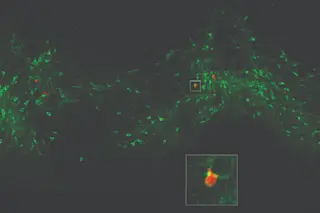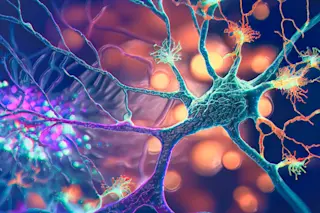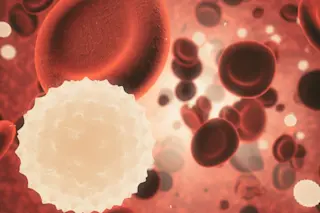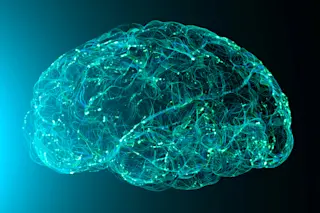New Scientist is reporting that a paper by the U.S. National Academies of Science has thrown out the possibility of using genetic testing and analysis to match soldiers with specific duties/specialties, and monitor their brains for signs of stress or weakness. For instance:
If a soldier is struggling, a digital "buddy" might step in and warn them about nearby threats, or advise comrades to zap them with an electromagnet to increase their alertness. If the whole unit is falling apart, biosensors could warn central commanders to send in a replacement team....
Sponsored by the U.S. army and written by a panel of 14 prominent neuroscientists, the report focuses on those areas with "high-payoff potential" - where the science is sufficiently reliable to turn into useful technologies....
Within five years, biomarkers might be used to assess how well a soldier's brain is functioning, and within 10 years, it should be possible ...














